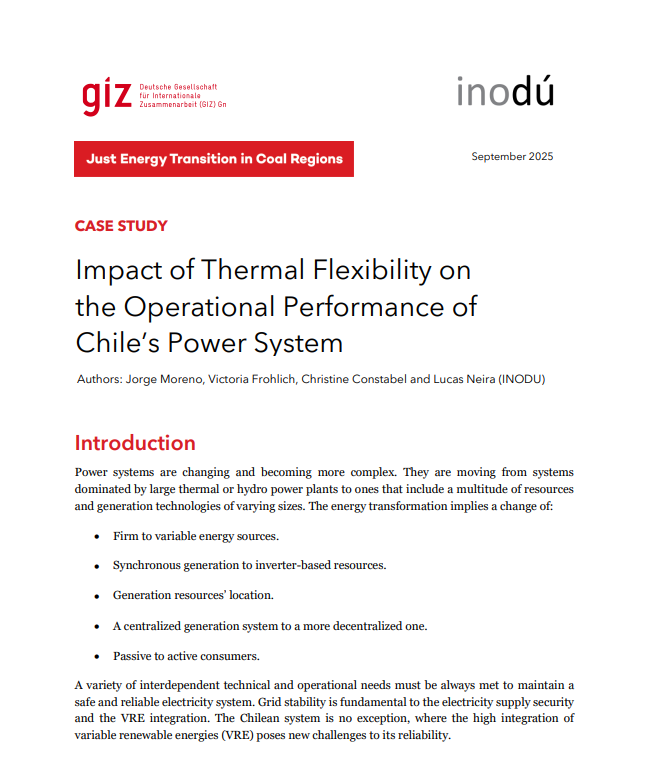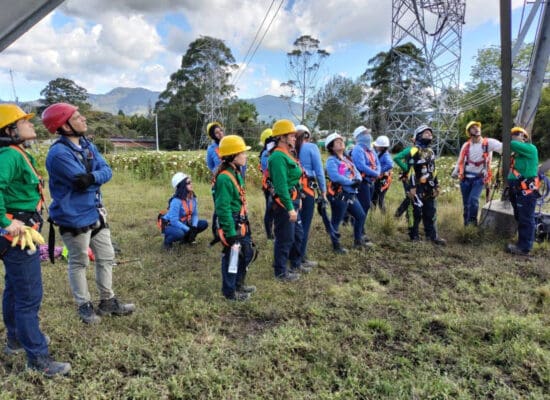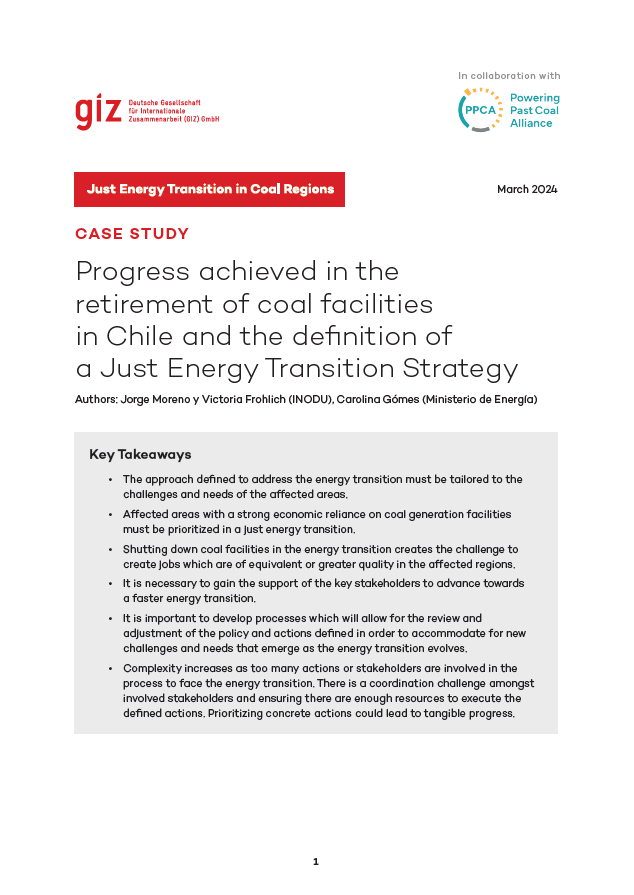Case study
Impact of Thermal Flexibility on the Operational Performance of Chile's Power System
This case study explores how reducing the minimum load for coal- and gas-fired power plants could improve Chile’s electricity system by 2027.
Using PLEXOS modelling, three scenarios were tested: current operation (business as usual), moderate reductions (intermediate), and stronger reductions (aggressive).
The results show that greater flexibility in thermal plants makes it easier to integrate renewable energy, reduces curtailment, and cuts overall system costs. It also lowers the need for costly side payments, stabilises electricity prices, and decreases both carbon dioxide and local air pollutant emissions. Under the ‘aggressive’ scenario, system savings are as high as USD 169 million between 2025 and 2027, while emissions drop significantly.
These findings suggest that as well as benefiting Chile, reducing minimum load values could deliver even greater advantages in countries with higher shares of coal and gas generation.
Stay Informed and Engaged
Subscribe to the Just Energy Transition in Coal Regions Knowledge Hub Newsletter
Receive updates on just energy transition news, insights, knowledge, and events directly in your inbox.



